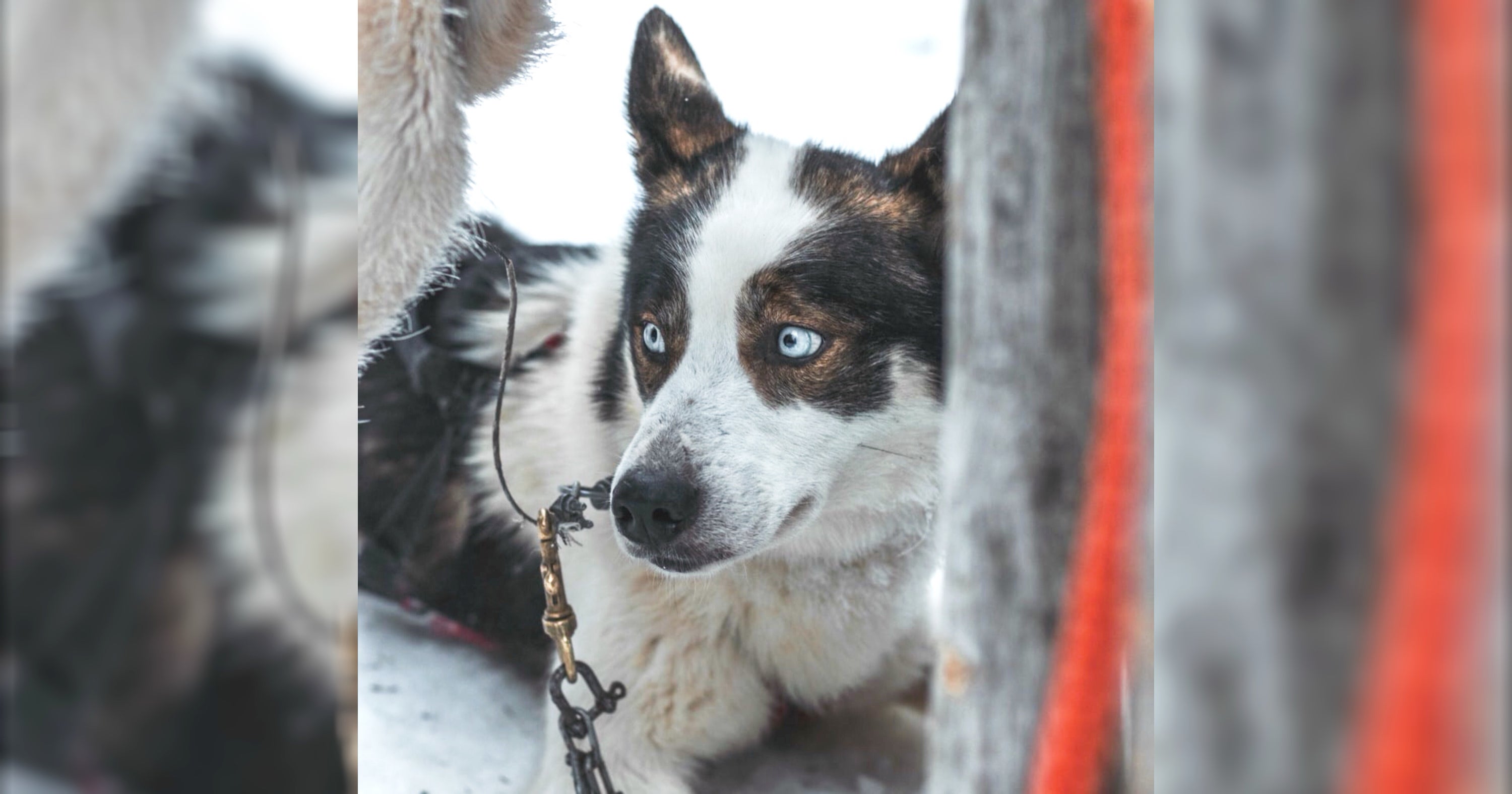Animal Shelter stresses importance of winter weather safety for pets
Published 2:03 pm Wednesday, December 30, 2020
|
Getting your Trinity Audio player ready...
|
Dec. 21 marked the first day of winter in Harlan County and across the nation, making it that much more important to keep your pets safe from a decline in temperatures.
Harlan County Animal Shelter Director and Chief Animal Control Officer Wesley Witt and Assistant Animal Control Officer Jennifer Fugate noted the importance of winter weather safety for pets as predictions of more snow linger throughout the area.
“A big problem is that people don’t really realize how long they are leaving them outside,” Witt said. “Their paws are just skin and a lot of dogs don’t have fur on their paws, so it can easily turn into frostbite, especially with the temperatures we have around here.”
Fugate said when a pet is left outside for a prolonged period of time in low temperatures, it can trigger or worsen pre-existing conditions, noting heart problems as a major contributing factor.
Witt explained antifreeze also acts like a sugary substance to dogs, who will ingest the liquid by licking it off the ground where a spill has potentially occurred.
“They’ve taken a lot of things that were poisonous to dogs out of antifreeze, but it can still make them sick by crystalizing in their liver,” he said. “When a dog ingests antifreeze, they don’t want you to induce vomiting. We’re not vets, so we can’t give medical advice, but a lot of people think you want to induce vomiting but you really don’t.”
Fugate explained by inducing vomiting, the harsh chemicals in antifreeze can actually damage the dogs’ esophagus. She noted a vet will use activated charcoal that absorbs the poison and causes them to vomit without damage to them.
The two also warned against placing blankets inside outdoor enclosures for feral cats, which can actually freeze to the blanket and ultimately cause sickness or death.
“If you get a cat with a health condition or sickness, that will also stick to those blankets and be passed on to others that come in contact with it,” Witt said, adding straw is the only thing that should be used for bedding.
Fugate said from an animal control standpoint, winter makes live-trapping harder and unsafe to use when helping catch animals in need.
“Another big thing is people with swimming pools that don’t cover them,” Witt said. “When a dog or cat gets into a pool with the temperatures like they are, they are going to go into shock. It’s the same with really deep snow too. A lot of the time it’s fatal for them.”
The two said pets who are dumped will also die a lot faster in winter weather than if they are taken to the shelter for safety.
“They think they’re getting a puppy, but they don’t understand it’s a 10-12 year commitment,” Witt said.
From January to February, Fugate and Witt said many pets will be dropped off on the side of the road, some in boxes or bags.
“A couple months ago, there was a box that had been set out on Highsplint Lake bridge that had puppies in it. Thankfully, one of the road garage guys saw the box and checked it,” Witt said. “Another person set a puppy out in a bag and someone seen it rolling around on the road.”
Another issue is when people drop animals off at the animal shelter gate, where the dog or cat can easily get onto the road or into the road department garage where heavy equipment is used. Witt and Fugate said in case of an emergency, local police departments are able to dispatch animal control when it is after hours of the shelter.
To drop off an animal to the shelter, Fugate said their doors are open Monday through Friday from 9 a.m. to 1 p.m.
“The biggest payment we get out of our jobs is when you can get an animal out of a situation where they are in danger,” Witt said.
RedRover, an organization formed in 1987, pulled together this list of winter safety tips for pets, which both Witt and Fugate said are very important to keep in mind:
- Stay indoors. While some animals may be slightly better equipped to handle cold weather than others, they’re all susceptible to weather-related risks. Those with short hair may have less tolerance for the cold than their long-haired counterparts. Puppies, smaller dogs, older dogs and cats are especially at risk when temperatures dip under 40 degrees.
- Limit outside exposure. Shorten walks with your furry friends in extreme temperatures. According to the American Veterinary Medical Association, pets with medical conditions such as diabetes, heart disease, kidney disease or hormonal imbalances may have a harder time regulating their body temperature, and they may be more susceptible to issues from extreme temperatures.
- Paw safety. Traversing rough terrain, snow, ice and road salt can cause paws to become dry, bleed or even crack and lead to great pain. Be sure to check your pet’s paws frequently for any signs of damage. You may consider using a dog balm or wax to protect their paws, or even booties, which can provide much needed traction on uneven terrain or slippery surfaces.
- Watch for signs. Pets are susceptible to hypothermia and frostbite just like humans. Hypothermia symptoms may include shivering, whining, acting lethargic or weak, decreased heart rate and fur and skin that are cold to the touch. Frostbite is less noticeable and may take several days before the symptoms appear in the form of ice on the body, shivering and bright red tissue. It is most likely to occur on paw pads, tails and ears. If you think your pet could be showing signs of hypothermia or frostbite, contact your veterinarian immediately.
- Don’t leave them in the car. Never leave your pet in the car during extreme cold weather. A vehicle can act like a freezer, trapping in cold air which can quickly endanger your pet. If you have to travel with your pet, make sure the trips are short, and don’t leave them unattended in the car.
- Watch out for antifreeze. The sweet taste of antifreeze is attractive to dogs, but it can cause sickness or death if ingested. Make sure to keep antifreeze containers far out of reach and clean up spills immediately.
- Keep an eye out for ice. When walking your dog, avoid walking near or on frozen bodies of water. The ice may not support the weight of you or your pet, turning your outing into a potentially deadly one.
- Look out for feral friends. Outdoor cats can’t protect themselves from the extreme cold. If bringing them inside is not an option, consider building them a feral cat shelter where they can stay safe and dry.






